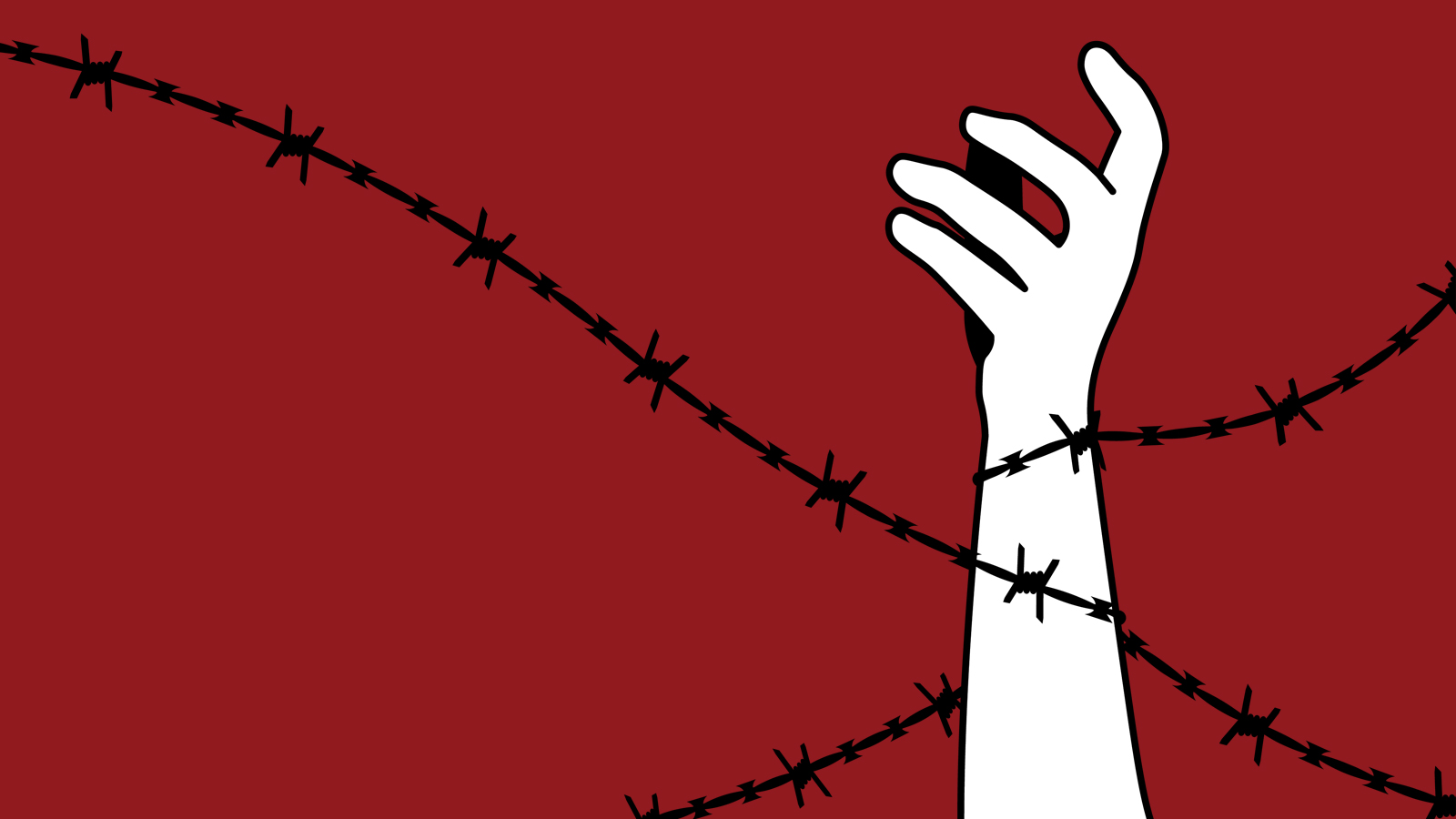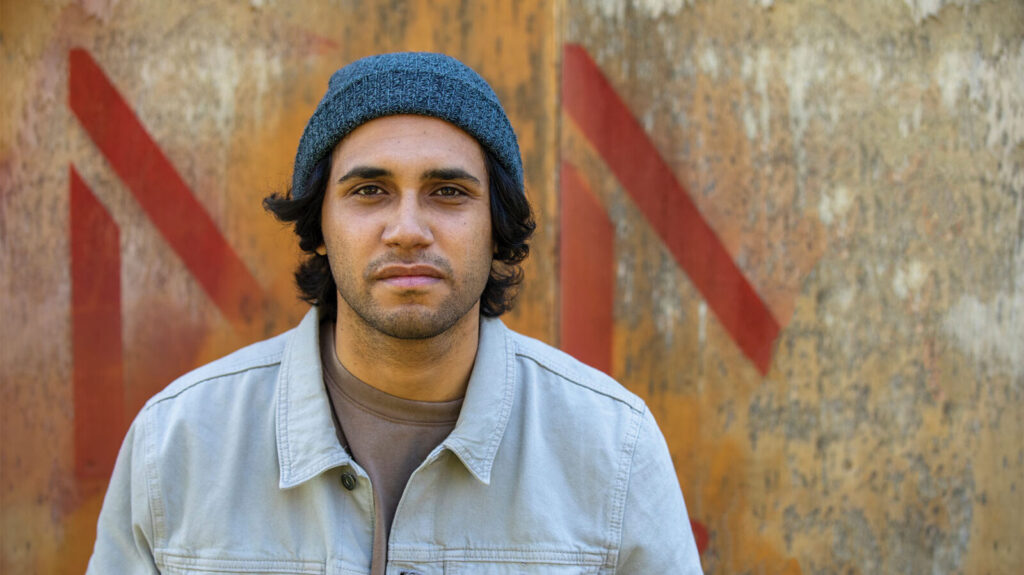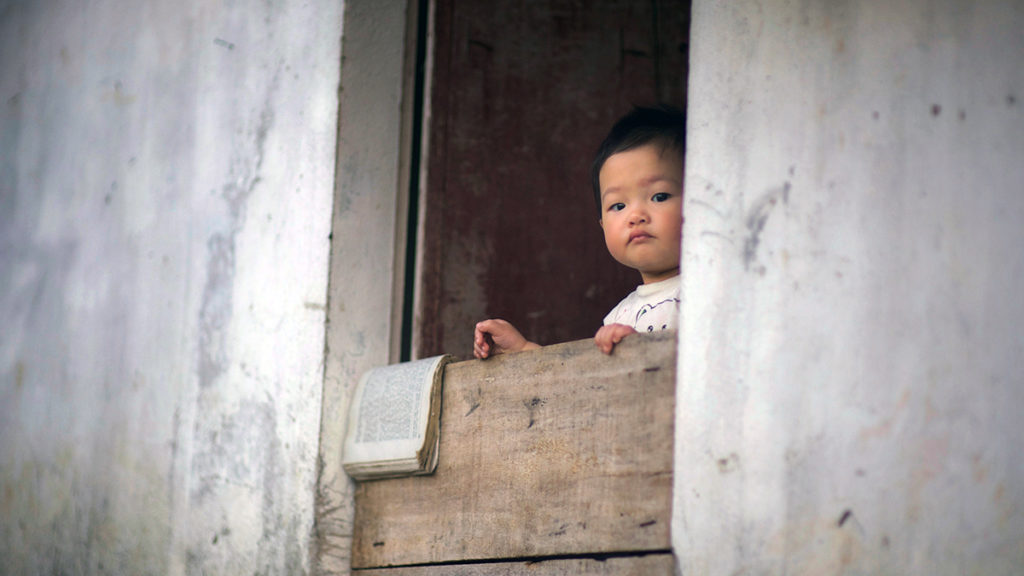Whatever our political persuasion or attitude toward issues around asylum seekers and immigration, the Australian government’s treatment of the 1900 refugees held in indefinite detention on Manus Island and Nauru is abhorrent, a festering blight on any pretensions Australia has to being a decent, fair or generous nation. And it is primarily a matter of political expediency, meaning it continues because we are not sufficiently raising our voices to bring this inhumanity to an end.
In June, we saw two tragic examples of this. The first was Ali, a 63-year-old Afghan man with terminal lung cancer whose disease has likely progressed because of inadequate medical care while held on Nauru for the past five years. His repeated requests for transfer to Australia for proper palliative care and to be able to die with members of his extended family were denied. Only a national campaign and an open letter signed by more than 2000 Australian doctors persuaded the government to relent.2
The second story—another suicide among Australia’s refugees. An Iranian man named Fariborz Karami died on June 15 on Nauru, after five years in detention and repeated warnings from his family about his mental health. In a heartbreaking letter to Australian authorities, his mother—also held on Nauru—described his death: “My 26-year-old son had his last breaths in your mouldy tents and closed his beautiful eyes to your abomination, injustice and disgusting policies.”3
For more than a month after his death (a delay that flouts his family’s cultural practices), Australia stubbornly insisted that Karami’s body be buried on Nauru or flown back to Iran—both places without enduring family connections or an appropriate funeral. It seems even a refugee’s body is a threat to our political self-centredness.4 Again, only after public pressure, was he allowed to be buried by his aunt in Australia.
Neither of these stories has anything to do with sovereign borders, national security or orderly migration. It is political bullying, adopted by both major political parties because opinion polls tell them there is no other way: “The denial of essential medical care has become the latest political tactic used against the refugees indefinitely imprisoned on Manus and Nauru.”5
As the Church, and as individuals, we need to be voices in our society for humanity. We must speak and act on behalf of these people who are being abused by our nation. As those 2000 doctors demonstrated, when enough people speak up, change happens.6 [pullquote]
As people of faith, where we imagine ourselves in the stories Jesus told makes a significant difference in what they mean and how we respond. In the story of the Good Samaritan (see Luke 10:30–37), we are sometimes the victim and occasionally the unlikely hero. But most often we fill the roles of the “good” religious folks.
These characters are often skipped over as the necessary “bad guys” before we get to the good bit of the story. But given the context in which this story was told—a religious lawyer wanting to argue about how far his “neighbour” responsibility extended—and Jesus’ scathing criticism of religious leaders as those who “never lift a finger” to help others (see Luke 11:46), it seems they are the main point of the story. And, too often, they are us. We accept what we walk past.
As such, we must silence the excuses and resist the political lies about “illegals” and “queue-jumpers”. These stories are about real people—like us in almost every way. Whatever the justifications for “border protection”, they will never justify this kind of treatment of human beings. We speak not despite being religious people, but because we are people of faith who have a larger understanding of our human family and a larger call to love, serve and welcome.
When we know these stories, being faithful looks political. For Ali, for Karami’s family, for those suffering on Manus and Nauru, for our nation, for ourselves, for our faith and our Church, and for God’s sake, write to your elected representatives now.7
And let’s pray for these families, men and women, held in our detention centres, and for those who make the decisions that determine their fate.






